2018 was another tumultuous year in politics around the world.
People are still struggling to make sense of the rise of populism, alternative facts, nativism and authoritarianism. (Did you know that sales of Orwell’s 1984 soared 10,000 percent in 2016 – the publisher could not meet demand.)
Most of my reading and writing focused on these issues.
I read over 100 books in 2018 (a labor of love for an author), but these five stood out for their significance for our times.
Enlightenment Now – The Case for Reason, Science, Humanism, and Progress
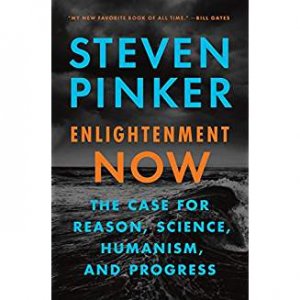
By Steven Pinker
Sick of depressing news? Pinker uses data to show we are better off than we feel (listening to cable news) and revisits the importance of Enlightenment values.
How Fascism Works: The Politics of Us and Them
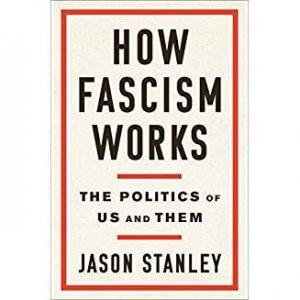
by Jason Stanley
What are the tips, tools, and tricks in the fascist toolbox? What do we need to watch out for to prevent a return to 1930s style authoritarianism?
The Once and Future Liberal: After Identity Politics
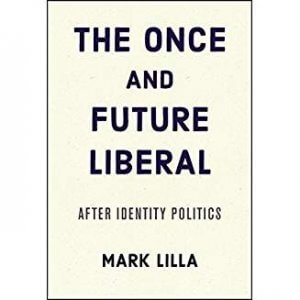
By Mark Lilla
A left-of-center academic takes a critical look at identity politics, and whether it is useful to progressive causes.
New Power: How Power Works in Our Hyper-connected World – and How to Make it Work for You
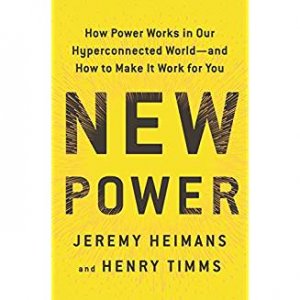
by Jeremy Heimans and Henry Timms
Two visionary leaders talk about how network power works in today’s world – with insights for activists, marketers, and entrepreneurs.
Thinking in Bets: Making Smarter Decisions When You Don’t Have All the Facts
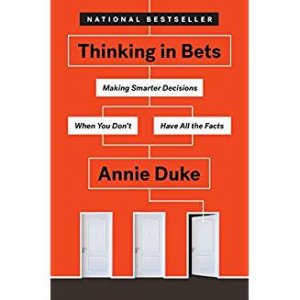
By Annie Duke
Life is more like poker than like chess – full of uncertainty and ambiguity. Cognitive psychologist and former poker pro Annie Duke elegantly describes how that shift in worldview can help business leaders and citizens make better decisions.
The Spiritual Atheist

by Nick Jankel
Honorable mention – my friend Nick talks about his spiritual and professional growth in an excellent book on consciousness and leadership.
Happy Reading


Comments
2 responses to “Best Non-fiction Books of 2018”
I second your nomination for Enlightenment Now – it’s a clear call for us to move away from rhetoric and code words and take a more reasoned (and reasonable) approach to our discussions and actions. Mr. Pinker’s other books are also well written and worth reading.
Thanks Katrina – did you have a favorite from last year?